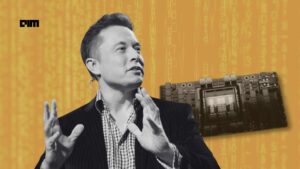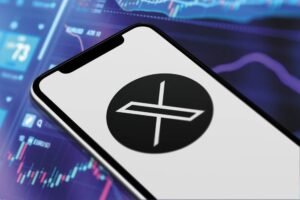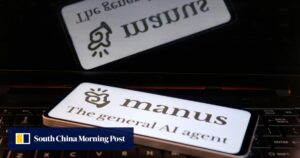Promoting Artificial Intelligence in Cuba: Challenges with Grok’s Functionality on the Island

Grok Chatbot Restricted in Cuba: A Closer Look
A recent report from the magazine Juventud Técnica has highlighted a significant development in the world of technology—specifically, the restriction of access to the Grok chatbot developed by Elon Musk’s company, xAI. This chatbot is integrated with the social media platform X, formerly known as Twitter, and Cuban users have found themselves unable to access it.
Access Denied for Cuban Users
When the editorial team at Juventud Técnica attempted to use Grok, they received a message stating, "Grok is not available in your country at this time." This automatic response serves as a clear indicator that access to this technology is limited for local users. Such restrictions raise important questions about digital accessibility in Cuba, particularly when considering recent statements from the country’s leadership.
AI Development and Political Statements
Miguel Díaz-Canel, the leader of Cuba, has emphasized the need for artificial intelligence (AI) development to benefit the nation. He expressed that "we cannot fall behind in the digital revolution" during a recent address. However, the contradiction between political rhetoric and practical access to AI technologies is striking. While leaders discuss the role AI could play in enhancing sectors like agriculture, health care, and education, the citizenry faces significant barriers to utilizing these technologies.
Broader Restrictions on Technology
Cuba is not just facing limitations with Grok. Other popular technologies like ChatGPT, Microsoft’s Copilot, DALL·E, Zoom, and various Google services are also restricted for users within the country. These limitations stem from several factors, including U.S. sanctions that affect Cuban access to American tech companies’ resources and platforms.
Additionally, the challenges of low infrastructural development and the high costs associated with internet connectivity compound the situation. As a result, many Cubans find themselves cut off from the advantages these technologies can provide.
The Impact of Isolation and Technological Lag
The current state of AI access in Cuba reflects a broader trend of isolation and technological lagging. Many countries have embraced modern technologies, integrating AI into various sectors to improve efficiency and productivity. In contrast, Cuba appears to be in a scenario where access to these advancements is more of a political possibility rather than a practical reality.
Challenges of Connection
Cuban citizens face numerous challenges related to internet access, including:
- High Costs: The expenses related to internet services can be prohibitive for many families, making it difficult to embrace new technologies.
- Limited Infrastructure: The technological infrastructure in Cuba is still developing, which restricts the availability of stable internet connections for users.
- Government Regulations: Strict regulations and controls also limit the ability of individuals and businesses to utilize state-of-the-art technologies.
The Future of AI in Cuba
As the global society moves forward with AI innovation, the apparent disconnect between political promises and actual technological access leaves many Cubans in a state of frustration. With the increasing importance of digital tools in everyday life and economic development, it is crucial for Cuba to address these gaps in accessibility.
Though the potential for AI to enhance the Cuban economy and society is acknowledged in government discourse, the realities of limited access make it challenging for individuals to participate in this evolving digital landscape. As a result, the promise of AI remains just that—a promise—until steps are taken to bridge the gap between discourse and reality.






